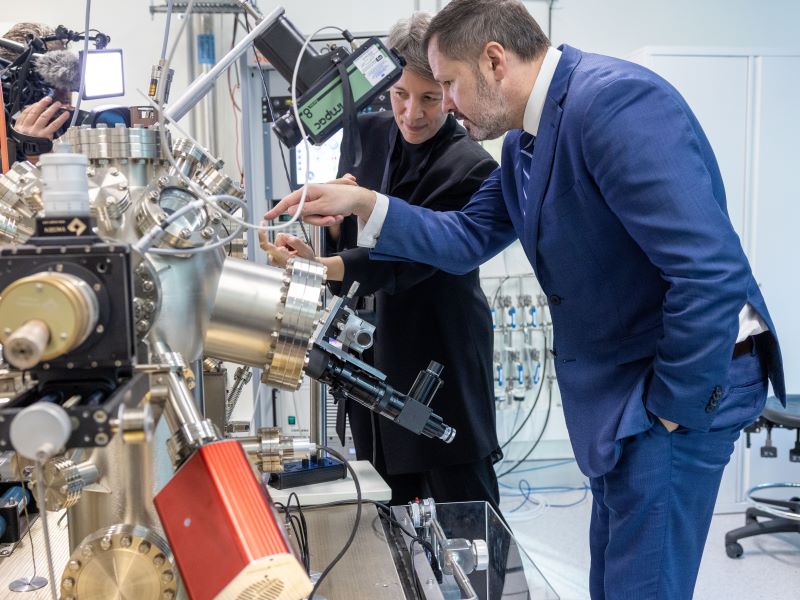The Albanese government will use the next round of cooperative research centre project grants to support National Reconstruction Fund priority areas, as it continues work to create the $15 billion industry investment fund later this year.
Industry minister Ed Husic announced the opening of the CRC-P round 14 on Thursday while revealing the recipients of the earlier round, which include Australian aviation startup Dovetail Electric Aviation.
The research grants will also be used to progress “circular economy principles” just weeks after the government created a advisory group consisting of Professor John Thwaites, chief scientist Dr Cathy Foley and outgoing CSIRO chief executive Dr Larry Marshall.

Mr Husic said the government is “encouraging people to line up with [the] NFP priorities” of advanced manufacturing, emerging technologies, medical science, clean tech, transport, defence and value-add resources and agriculture when applying for CRC-P grants of up to $3 million.
“The CRC-P round 14 will look to back those [projects] that are lining up with the NRF priorities,” he said, adding that the intention is to “ensure we have as much joined up in terms of what we’re doing as a government to reinforce and magnify outcomes”.
The decision to prioritise NRF-aligned projects comes as legislation to create the $15 billion fund modelled on the Clean Energy Finance Corporation is reviewed by the Senate Standing Committee on Economics, having been introduced to Parliament in the last sitting week of 2022.
The committee – which is reviewing the fund while the Industry department conducts a public consultation on the bill – requested an extension late last month and now expected to report in mid-March, just months out from the planned start of the fund.
Mr Husic said the government had also made improvements to the operation of all CRC programs by publishing a schedule of future funding rounds for both short-term CRC-P grants and long-term CRC grants.
He flagged the changes in November to make the process more predictable and to give applicants more time to prepare bids, addressing a criticism of the program and potentially resulting in better quality ideas.
“Previous governments kept industry and researchers guessing when these funding rounds would open and would make applicants race to submit applications,” he said.
“We are ending this uncertainty in applications. By producing a timetable of future grant programs we will take the guess work out of preparation for companies looking to commercialise Australian innovation.
“This will provide greater certainty about future CRC Program rounds and make it easier for those applying to plan and prepare their applications. By doing this, our aim is to strengthen the quality of submissions even further.”
The CRC program has committed $5.6 billion in grants to support 236 CRCs and 208 short-term CRC projects since 1991.
Do you know more? Contact James Riley via Email.

